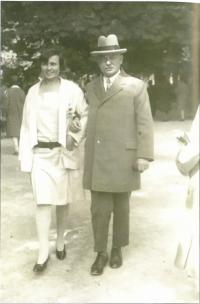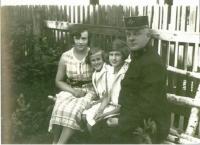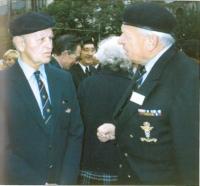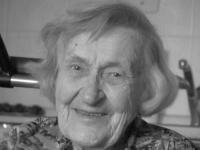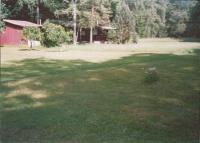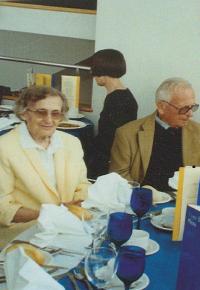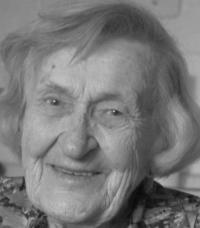You gain a lot from every blow life gives you. You’re better equipped and you have more understanding for others, in happiness and pain
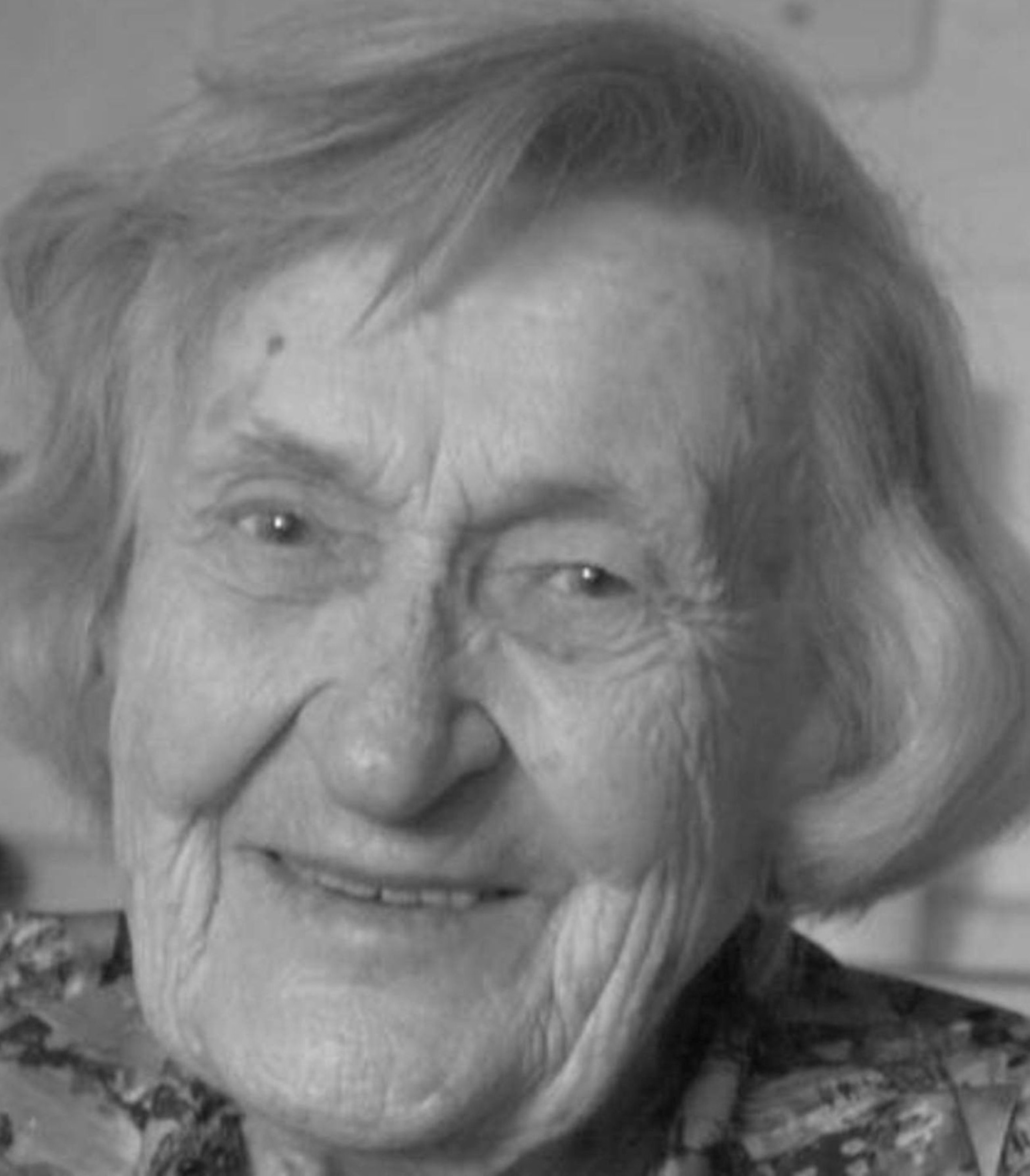
Stáhnout obrázek
Vlasta Macháčková was born in 1922 into the family of a railway worker. She grew with her two siblings in Vlkoš, where her father functioned as stationmaster. Her parents brought up their children in the spirit of Masaryk and Tyrš. The family was severely hit by the death of their second child, Milena, in 1937. The eldest, Karel, was active in the pre-war efforts of Czech students. After 17 November 1939 he thus decided to go abroad to the United States. The family heard nothing from him for the next six years. Vlasta Macháčková and her parents moved to Brno, where her father asked to be relocated, so that the family would avoid questions about where their son was. But the Gestapo found them anyway. The witness suffered a nervous breakdown during one interrogation. But she retained her courage. She refused to either speak German or give the Nazi salute. After the war the family was reunited with Karel. However, he was forced to flee his homeland again after 1948 - this time because of the Communists. Vlasta Macháčková repeatedly refused to join the Communist Party of Czechoslovakia, and she made no secret of her opposition to the political transformation following 1948. She worked briefly as a teacher after the war, but in time the Communist regime marked her as a danger to socialistic education, and she was banned from working with children. She continued to be persecuted by the Communist regime until the Velvet Revolution in 1989. She now lives in a care home in Brno.
